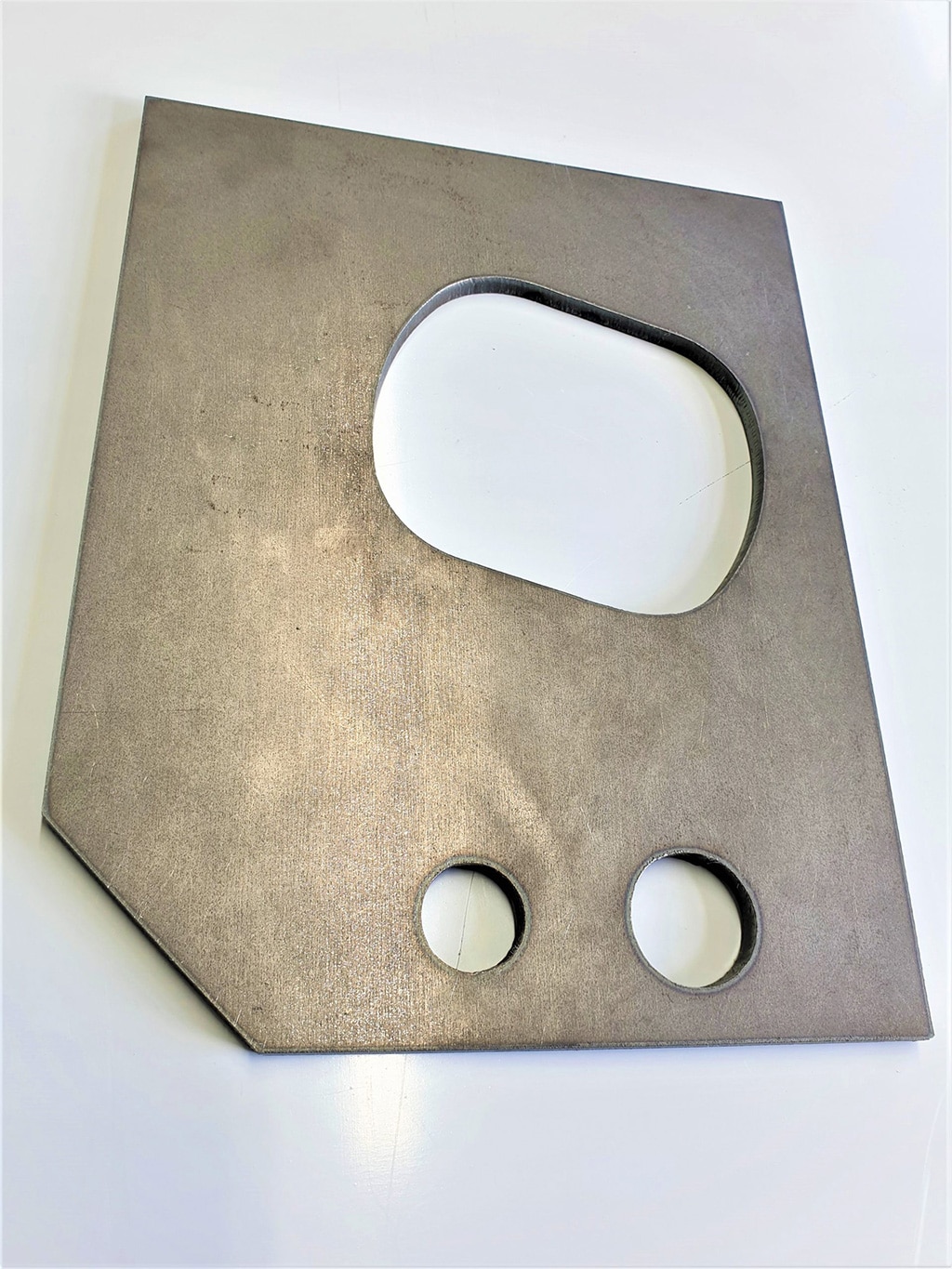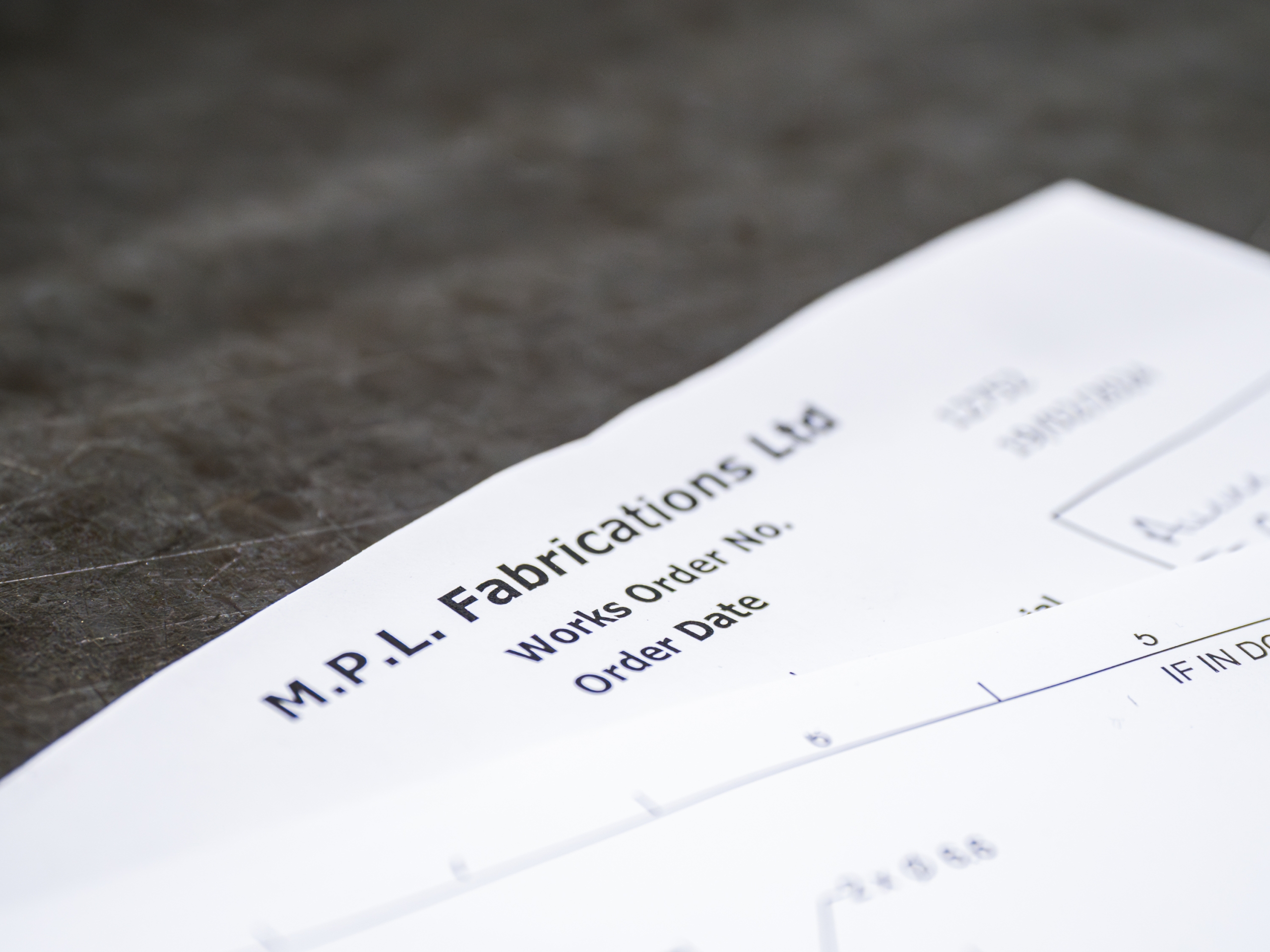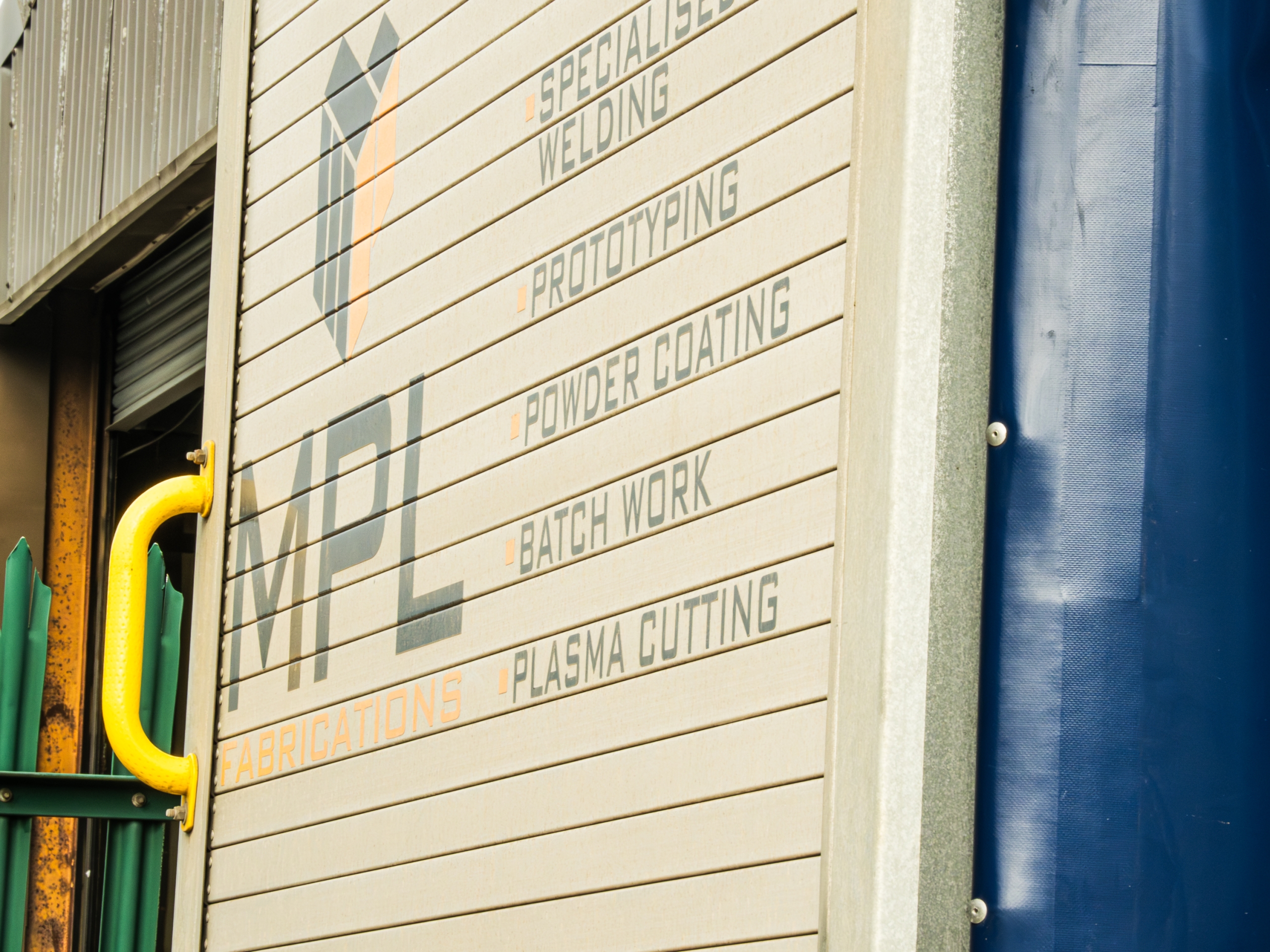Fabrication Services / Plasma Cutting
Plasma Cutting
One thing which every project we deliver has in common is a commitment to excellence and precision, and the fact that we handle each aspect of every project in-house means that we can guarantee the commitment to quality never slips.
We’re based in Coventry in the heart of the midlands and we work with clients across the whole of the UK, and our reputation for excellence is based on more than a quarter of a century spent delivering the bespoke demands of each and every client.
When looking to cut through metals such as steel or aluminium, undoubtedly there’s a need for exceptional quality not to mention efficiency in how the process is carried out. Plasma cutting offers all of these essential qualities and more, allowing us to cut your metal to any required shape including complex patterns or circular shapes.
As experts in all things sheet metal work and fabrication, plasma cutting is one of the many services we provide to our clients. Our precision engineering means we can create bespoke pieces to match your requirements, whether you need a one-off piece creating or mass production of a particular component.
Here’s an overview of the plasma cutting services we provide. Ready to place an order with us or want to talk through your project specifications with us? Skip ahead to the end of this page to give us a call!
What Is Plasma Cutting?
Plasma is often thought of as the ‘fourth state of matter’. That’s because plasma is generated from compressed gas that has been heated to an extremely high temperature.
The difference between each state of matter is energy, and so essentially plasma is the result of high energy that is applied to steam in the form of compressed gas. Once it reaches above a certain temperature, the matter becomes ionised meaning it’s electrically charged, giving off plasma.
The plasma is harnessed within a specialist machine that we use in our workshop. The cutting is delivered through a concentrated nozzle, allowing us to precisely cut the material. The objects that can be made to include practically any kind of metal fabrication project.
The speed and efficiency allows for the production of large scale batches of components. The time that would otherwise have been spent on trying to match each piece so it is identical and finished correctly is vastly reduced. This is particularly true when automated cutters are used to deliver the specifications set out in CAD drawings.
In addition, it can also be used for one-off projects such as prototypes or any other metal piece that requires precision cutting.


Plasma Cutting Services
We can provide plasma cutting services to a variety of metals. When you approach us with your project requirements, we’ll consider whether plasma is the best technique based on both the metal type and the desired outcome of the project.
All metals have slightly different characteristics such as the melting point or malleability.
Plasma Cutting UK
MPL Fabrications is based in Coventry, providing our CNC plasma cutting service across the UK.
We will take a unique approach to ensure your pieces reach the optimum outcome, whether they are made from aluminium, mild steel or stainless steel.
If you require plasma cutting for your business or a one-off piece, please get in touch.
Give us a call on 024 7661 0778, or email us at sales@mplfabrications.com. Our expert engineers are ready and waiting to help you with all your plasma cutting needs.

If you have any questions about our plasma cutting services or want to discuss a specific project then please contact us on 024 7661 0778, or via email at sales@mplfabrications.com. Our expert engineers are ready and waiting to explain exactly how we could deliver the sheet metal components you need.
